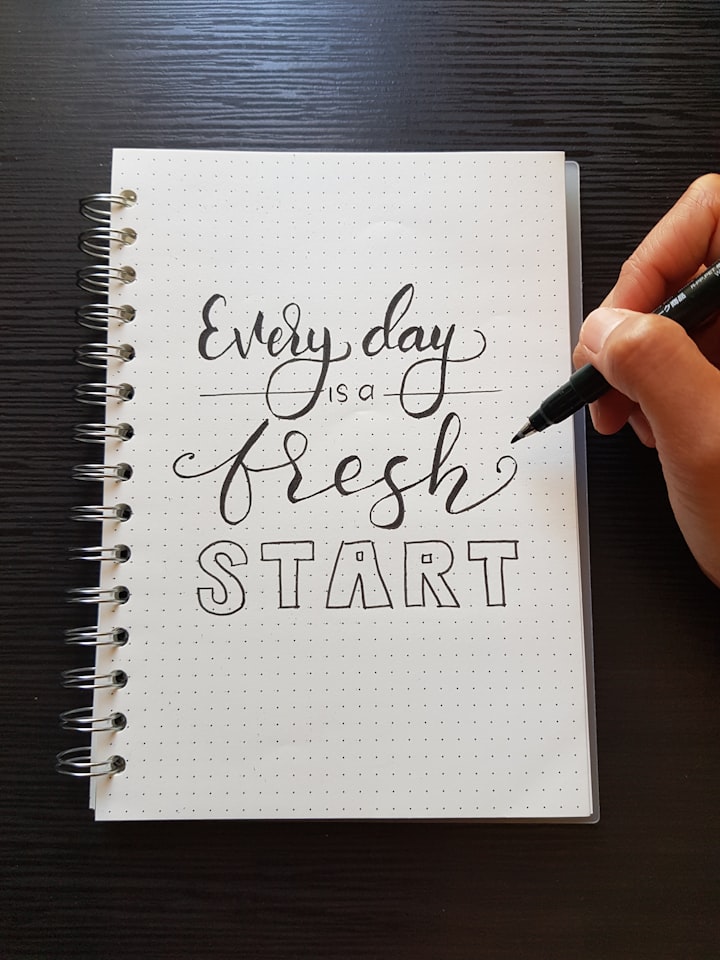Things You Should Know About Private Mortgage Insurance
Mortgage insurance, on the other hand, is meant to protect your lender if you default on your loan.

What is mortgage insurance?
Homeowner’s insurance and mortgage insurance should not be confused. Homeowners insurance is designed to safeguard you financially in the event of a problem or damage to your property. Mortgage insurance, on the other hand, is meant to protect your lender if you default on your loan.
The following is an overview of how each form of insurance works:
- Insurance for homeowners: This insurance will protect your property from harm and liabilities. Your insurance will assist pay the costs if your house is broken into, is destroyed in a storm, or has some other problem.
- Mortgage insurance: Your lender may ask you to pay for mortgage insurance when you apply for a loan. The lender will use that insurance to recuperate their losses if you default on your mortgage.
How does mortgage insurance operate and what does it cover?
Mortgage insurance may be needed upfront or as part of your monthly mortgage payment, depending on the lender and loan type. Both an upfront and yearly payment are required for FHA loans.
While mortgage insurance may make it simpler to qualify for a home loan, it may increase your monthly cost. You're still in danger of losing your house if you fall behind on payments since mortgage insurance is meant to protect the lender, not you.
When do you need mortgage insurance?
The insurance you get when you acquire a mortgage varies depending on the loan package you choose. Here's what to expect from each loan type:
1. Conventional loans: If the down payment is less than 20%, conventional loans demand mortgage insurance. Conventional loans do not demand an upfront mortgage insurance payment, only a monthly one that is paid in line with your mortgage.
2. FHA loans: Mortgage insurance is always required, both upfront and yearly if you receive an FHA loan (spread across your monthly mortgage payments).
3. USDA loans: demand upfront and yearly premiums, which are referred to as "guarantee fees" on USDA loans.
How much is mortgage insurance?
Several factors determine your mortgage insurance cost:
- Loan type: Conventional and FHA loans have varying rates since conventional lenders evaluate your credit history. An FHA loan has a fixed interest rate based on the loan amount and period.
- Loan amount: Because lenders charge a proportion of the loan value, higher-cost loans have higher premiums.
- Down payment: Because your loan-to-value ratio (LTV) is lower, a higher down payment lowers your overall insurance costs.
- Credit score: If you have a credit score of at least 700, private mortgage insurance premiums may be lower. A better credit score might also assist you in obtaining the best mortgage rates. Mortgage insurance for FHA loans is not based on your credit history.
Mortgage insurance types:
Which mortgage insurance programme you can utilize depends on the sort of loan you're applying for.
1. Borrower-paid monthly mortgage insurance (BPMI)
The most prevalent kind of private mortgage insurance is borrower-paid monthly mortgage insurance (BPMI). You'll make monthly payments with this insurance until you reach 22 percent equity (78 percent loan-to-value ratio), at which point the lender will terminate the PMI automatically.
Once you reach a 20 percent equity position in reference to the original purchase price or current assessment value, you can seek to terminate your outstanding mortgage insurance payments.
2. Lender-paid mortgage insurance (LPMI)
Mortgage insurance premiums may be “paid” by your lender through lender-paid mortgage insurance (LPMI). Lenders often demand a higher rate or an extra fee to compensate for this expense.
This choice may result in a smaller monthly payment, but you will pay a higher rate and, as a result, more interest throughout the life of the loan. You won't be able to lower your interest rate or abolish LPMI unless you refinance after you've reached 22 percent equity.
3. Single-premium mortgage insurance
A single-premium mortgage insurance payment allows you to pay for all of your mortgage insurance upfronts, lowering your monthly payment.
While your initial closing costs are greater, you will pay less for mortgage insurance in the long run.
4. Split-premium mortgage insurance
Some mortgage insurance can be paid in advance, while others must be paid monthly. As a consequence, your monthly payment will be lower than if you had chosen BPMI, and you will pay less at closing than if you had chosen single-premium mortgage insurance.
This is a less common option, but if you have a high debt-to-income ratio, it may help you qualify for a mortgage.
5. FHA mortgage insurance premium (MIP)
A mortgage insurance premium is required for all FHA home loans, and you will be required to pay an upfront payment as well as yearly installments.
If you put down less than 10%, you'll have to pay yearly premiums for the duration of the loan. However, if you put down more than 10%, you'll only have to pay premiums once a year for the first 11 years.






Comments
There are no comments for this story
Be the first to respond and start the conversation.